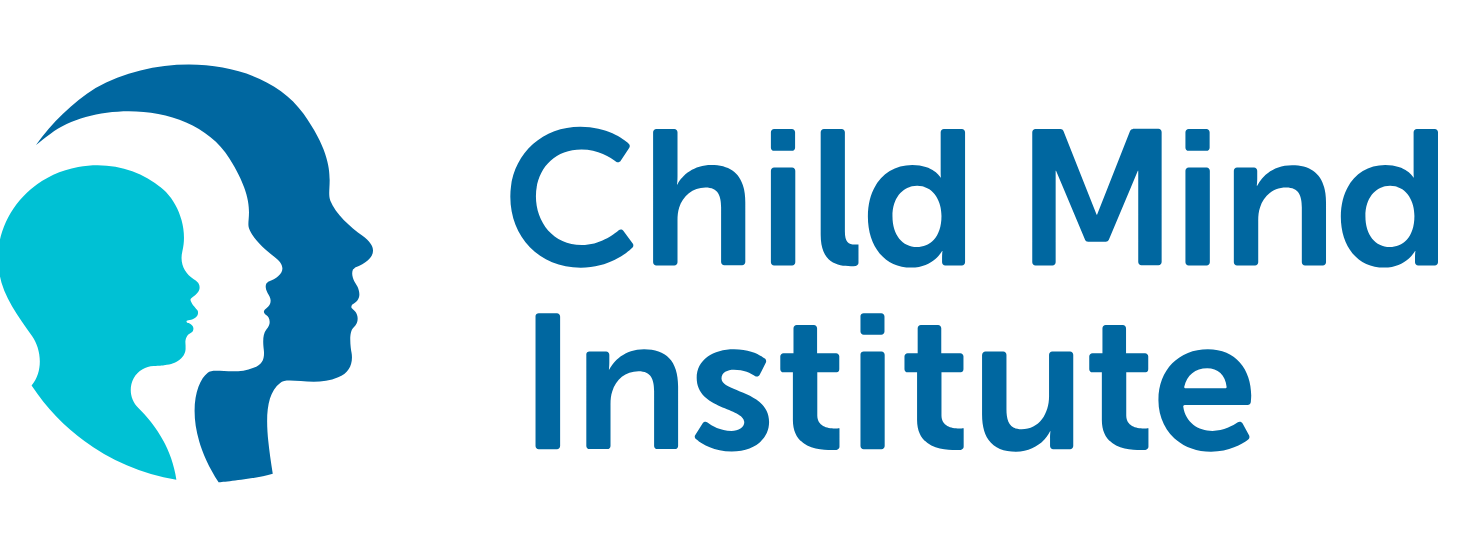We approach each child and family with kindness, patience, openness, and compassion, in order to learn how we can best help. With an understanding of individual needs, we engage in three types of professional practice: prevention, assessment, and intervention. Our prevention services allow parents to monitor their child’s social, emotional, and behavioral growth closely, in order to address any typical challenges in child development before they become clinically significant concerns. For students who are demonstrating challenges that may be indicative of a neurodevelopmental or emotional disorder, we have various assessment options that can provide diagnostic clarity and inform evidence-based recommendations for intervention. We also offer bi-annual follow-up to monitor progress for those students, so that families do not have to wait years in between comprehensive evaluations for meaningful information. For children and adolescents who require more individualized intervention, we offer a range of services, though we typically do not see children under age 10 for individual therapy, and we reserve the most space for parent-focused and/or parent-assisted interventions. Ongoing research demonstrates that young children make more substantial gains when therapeutic work is conducted with parents, rather than with the child alone. Generally, we believe that in early childhood, equipping parents with evidence-based strategies is the most effective way to fuel developmental progress.






